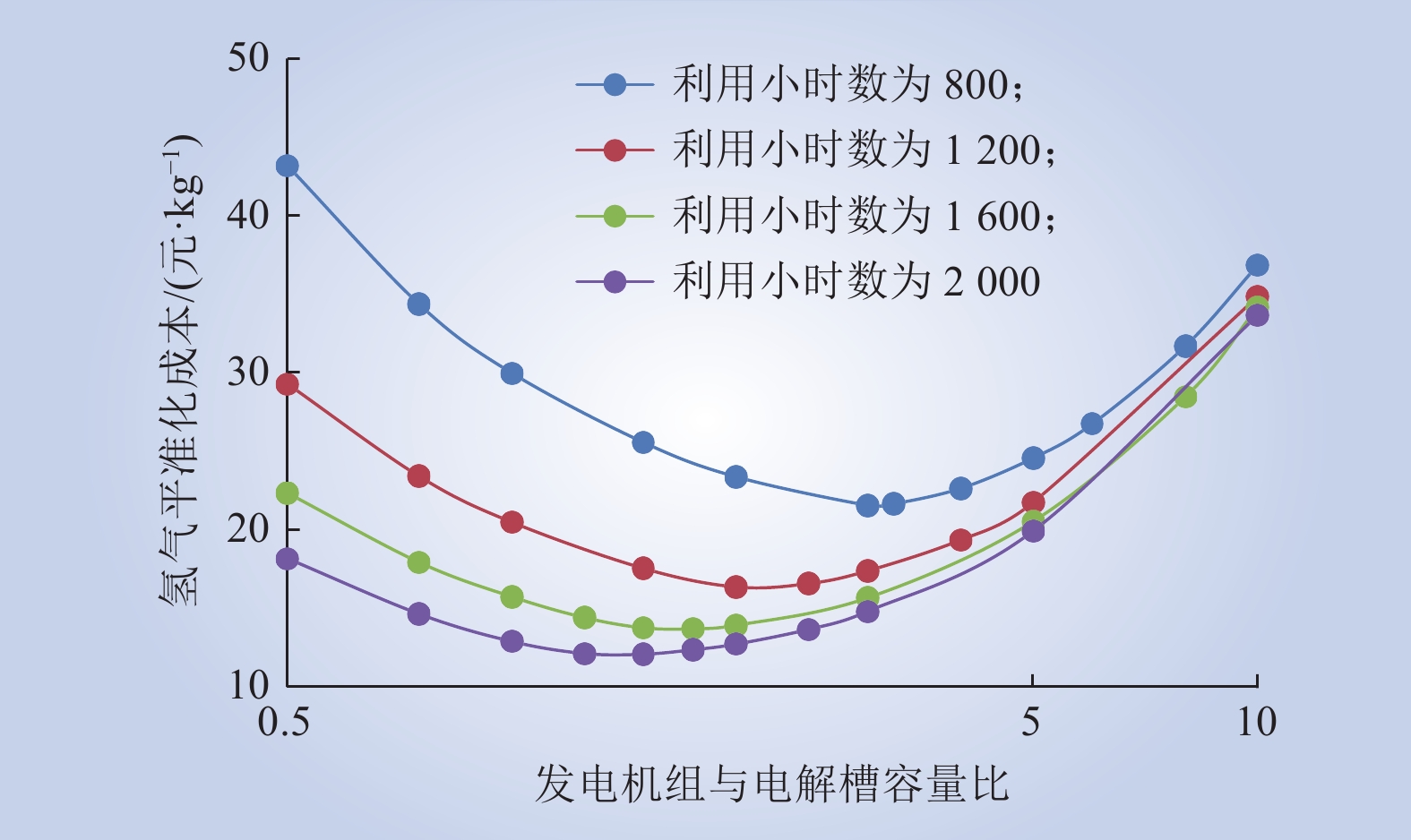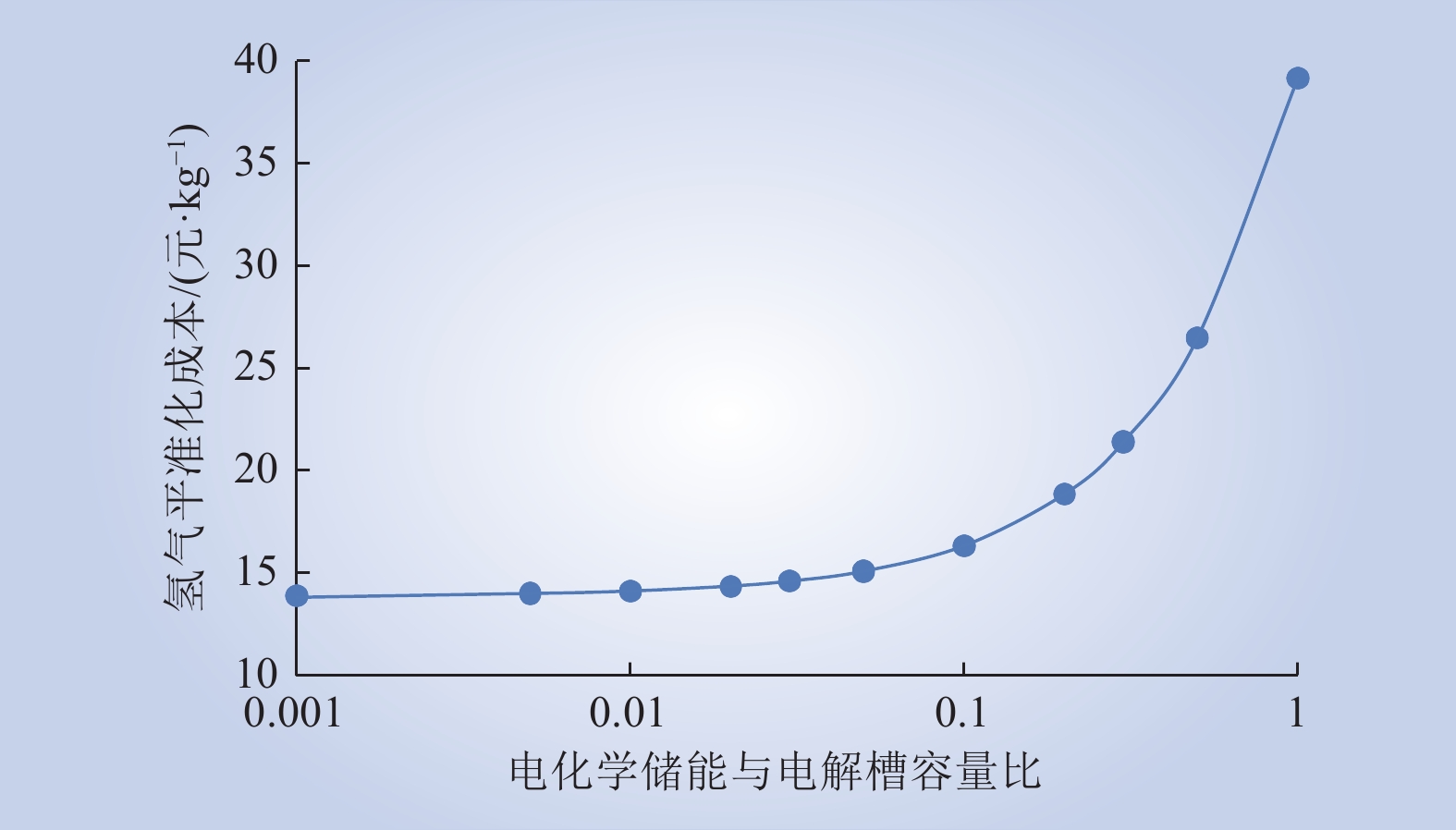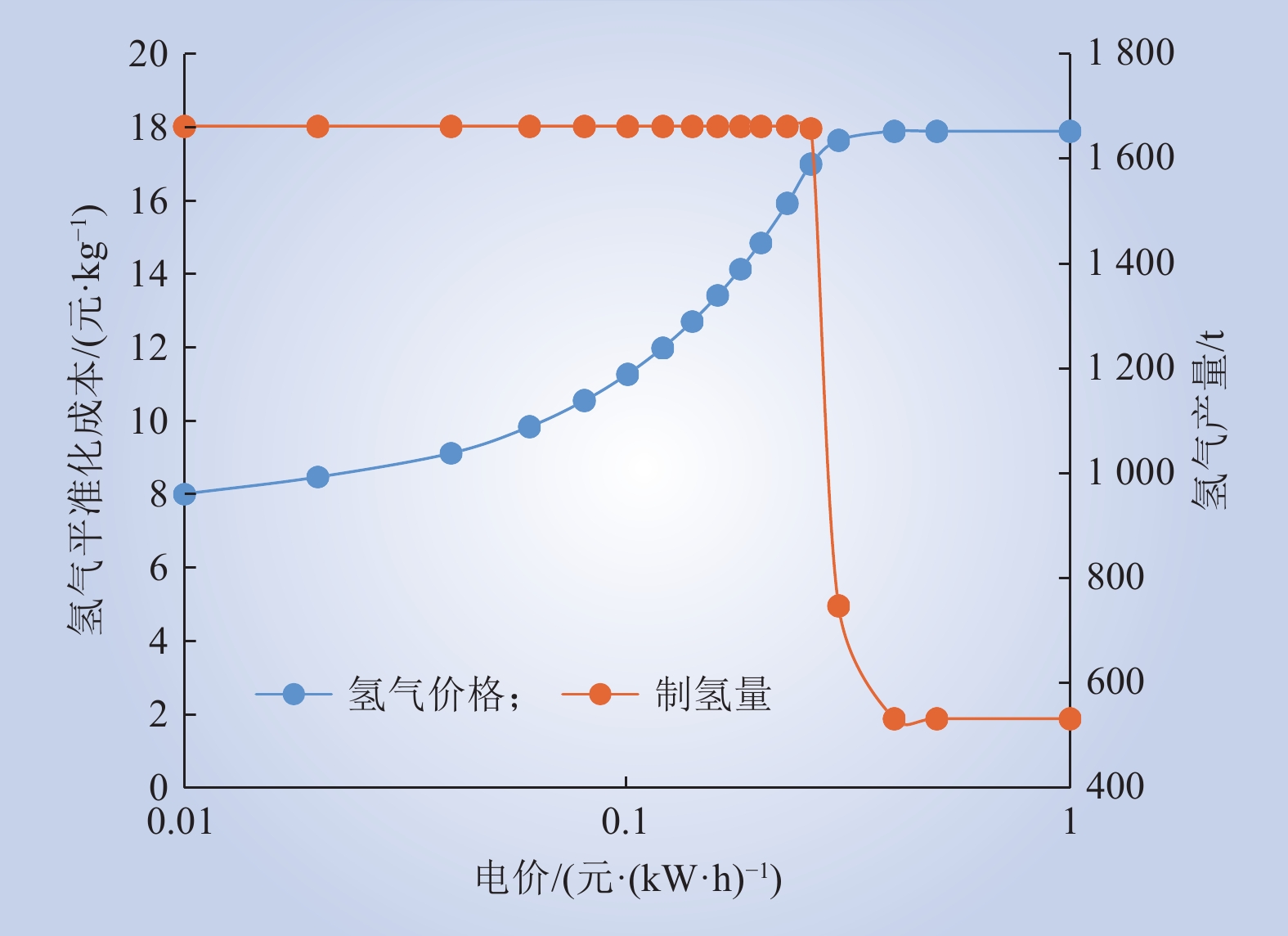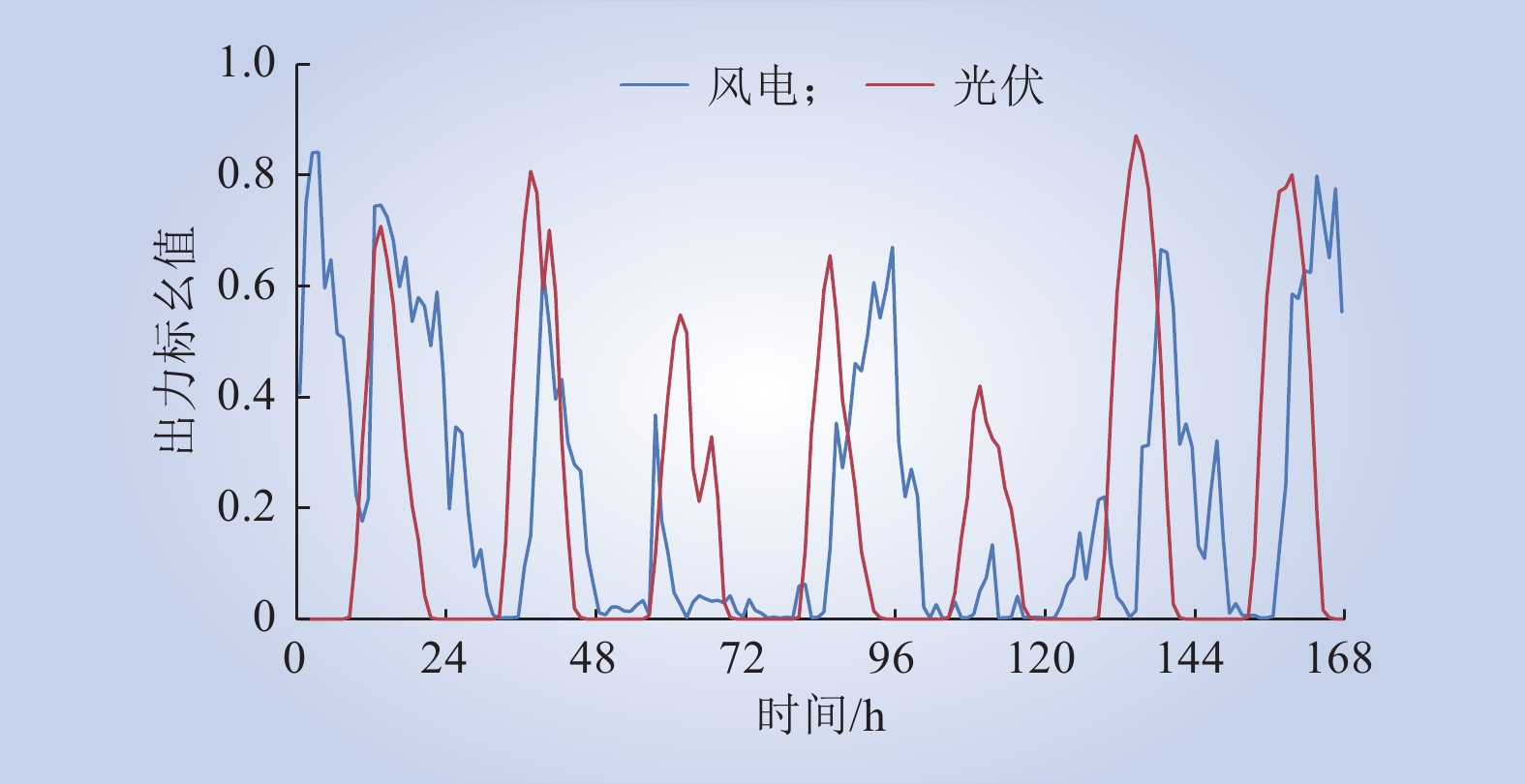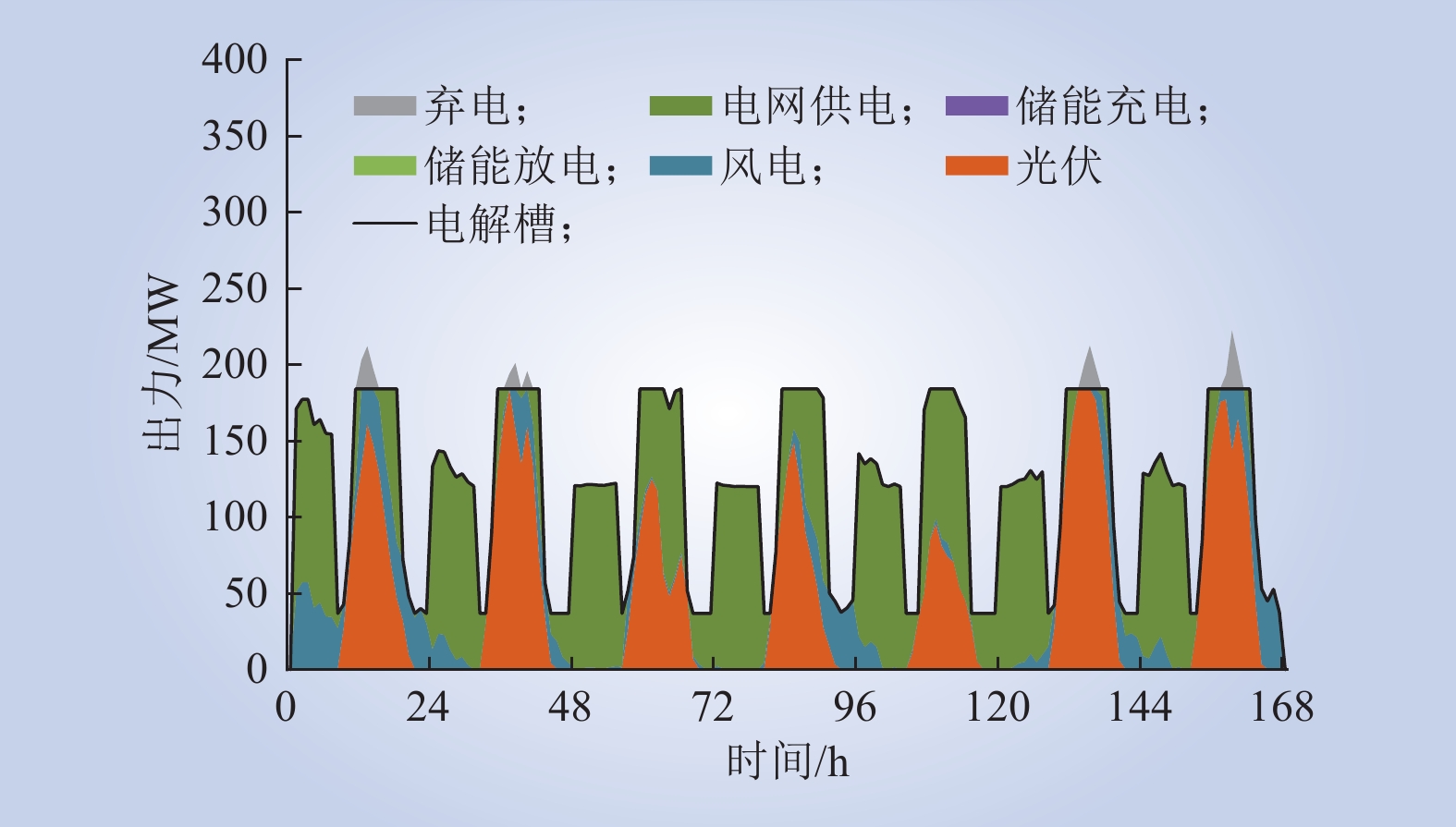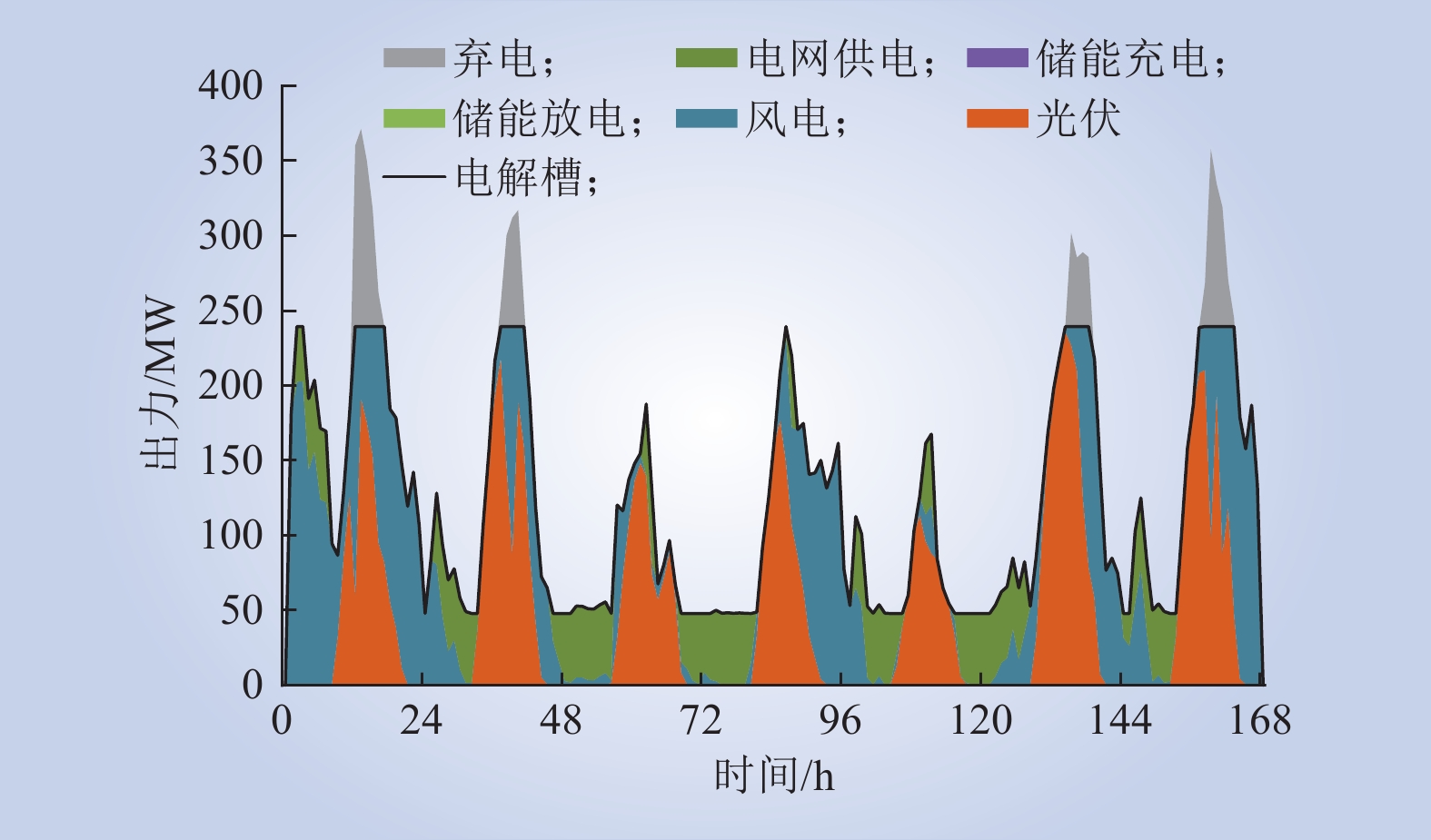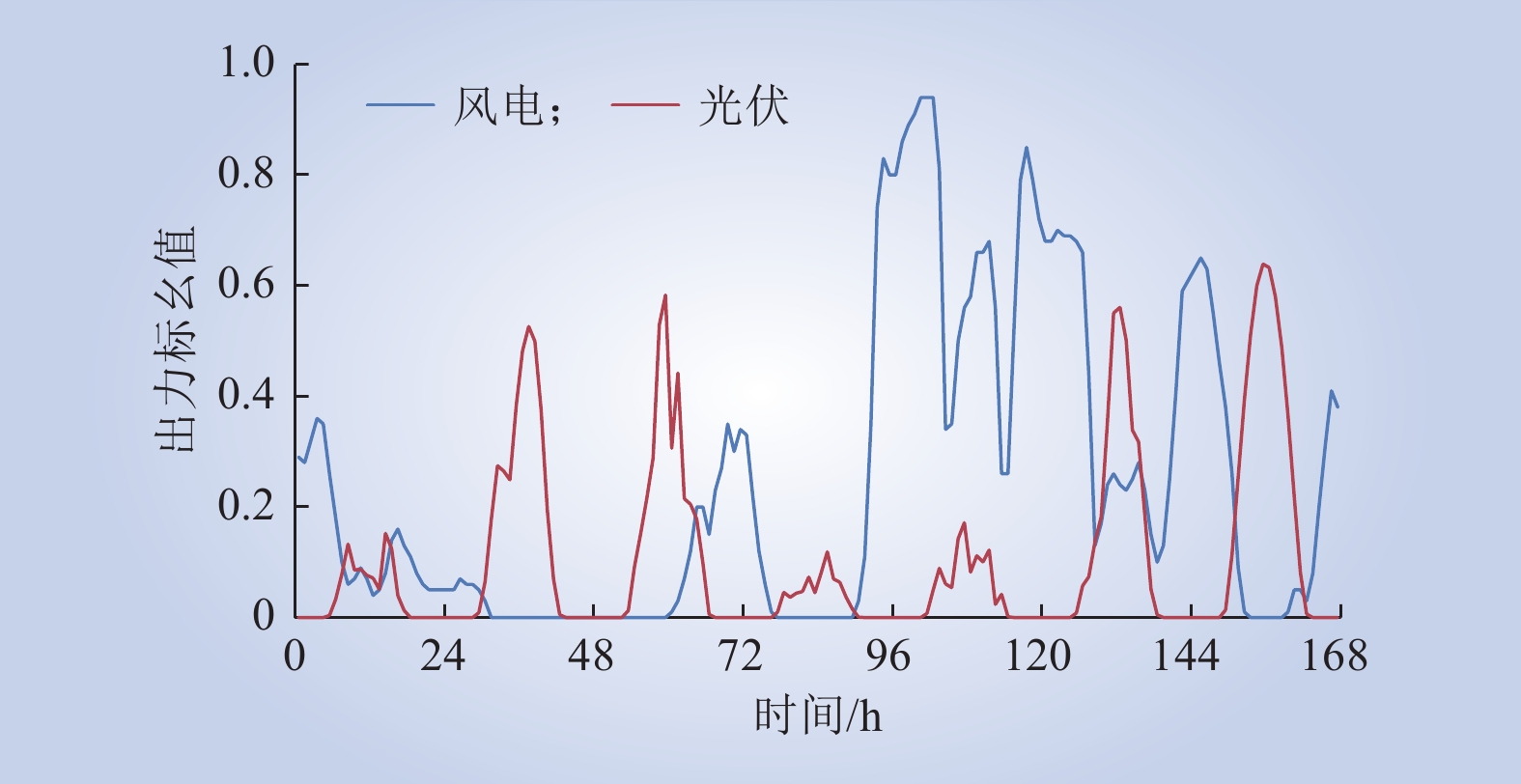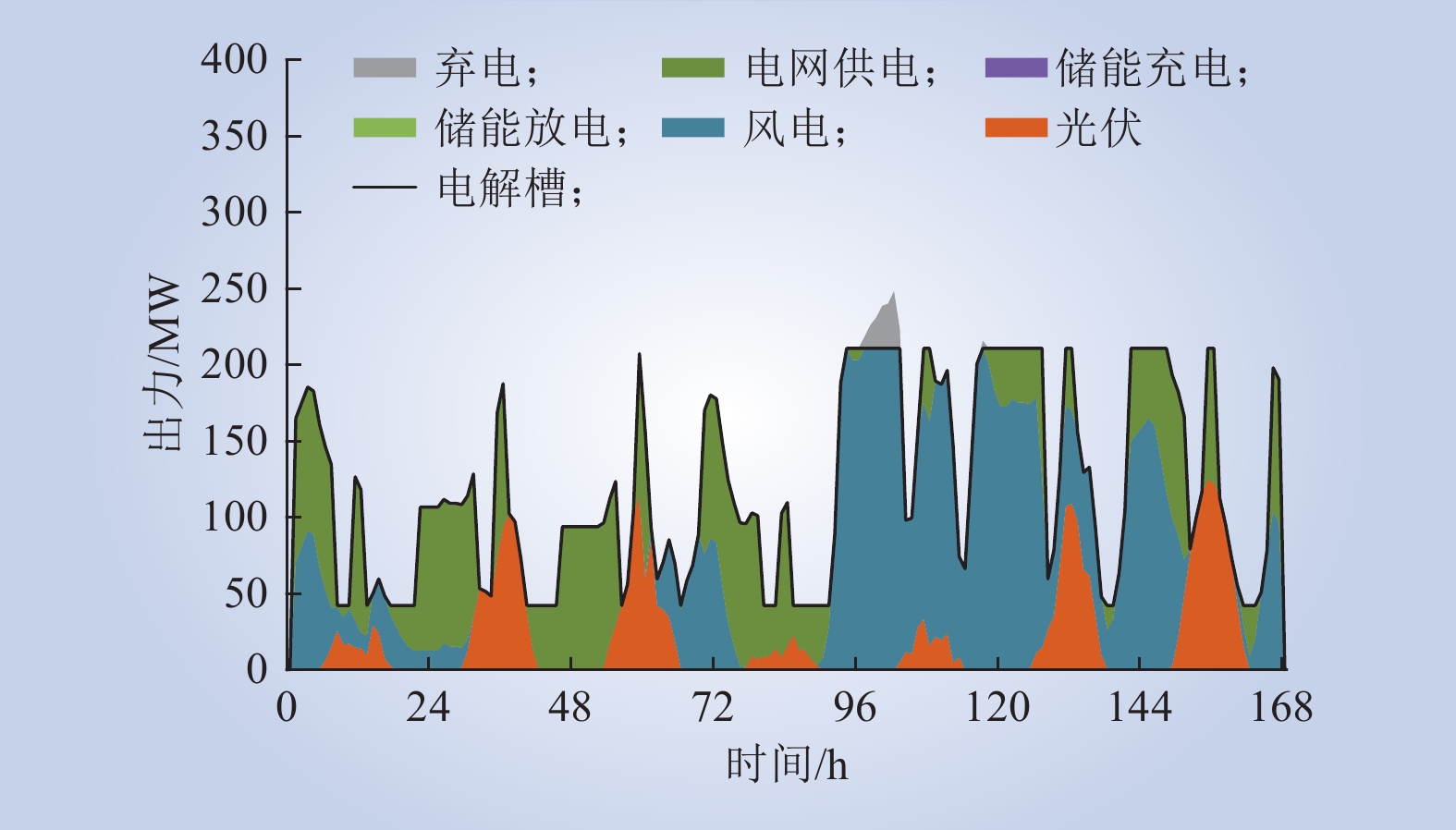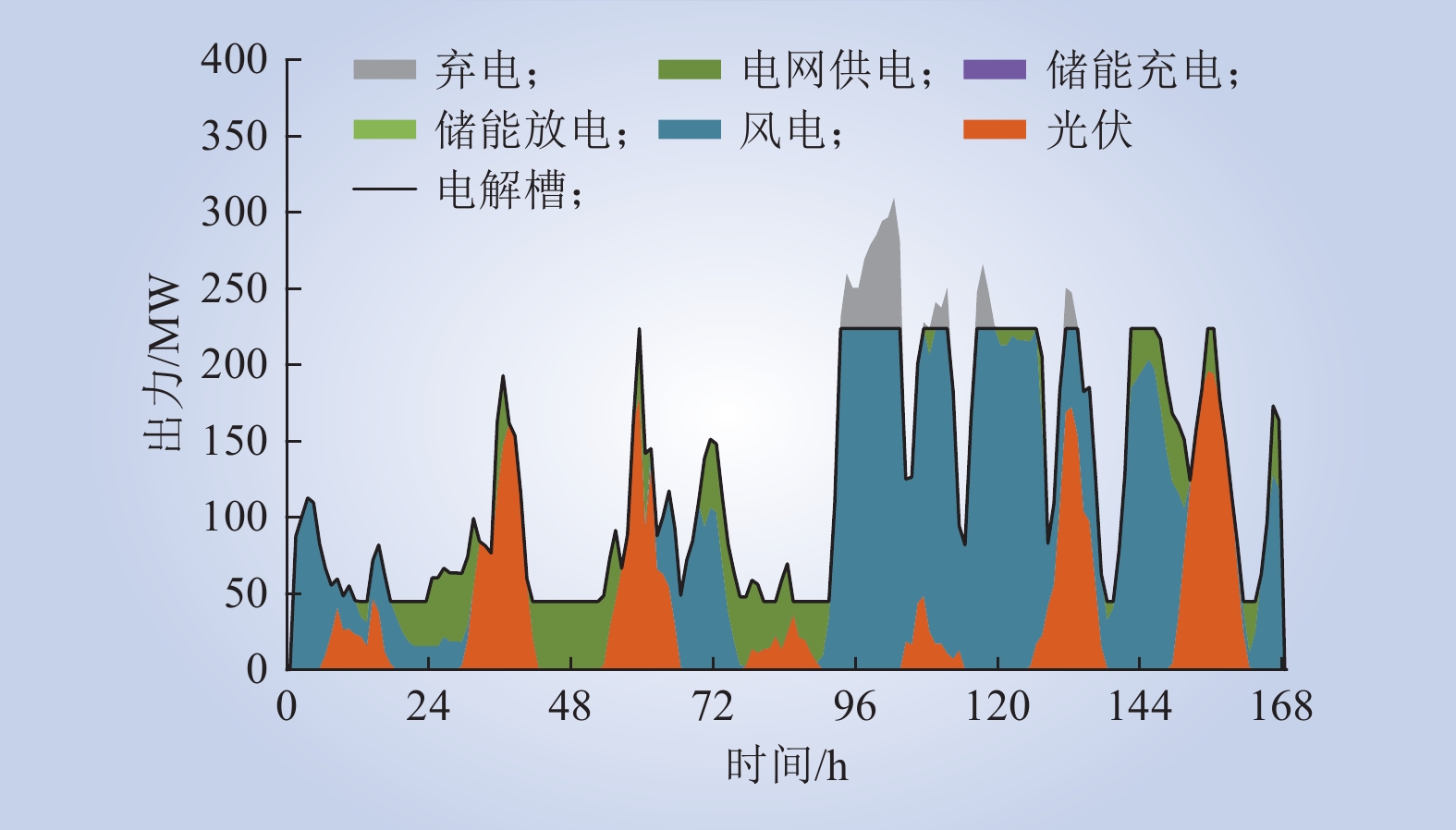| 1 |
International Energy Agency. The future of hydrogen: seizing today's opportunities[EB/OL]. (2019-06-15)[2023-06-14].https://iea.blob.core.windows.net/assets/9e3a3493-b9a6-4b7d-b499-7ca48e357561/The_Future_of_Hydrogen.pdf.
|
| 2 |
International Renewable Energy Agency. Hydrogen: a renewable energy perspective[EB/OL]. (2019-09-13)[2023-06-14].https://www.irena.org/-/media/Files/IRENA/Agency/Publication/2019/Sep/IRENA_Hydrogen_2019.pdf.
|
| 3 |
International Renewable Energy Agency. Innovation landscape brief: renewable power-to-hydrogen[EB/OL]. (2019-06-10)[2023-06-14].https://hydrogen-portal.com/wp-content/uploads/2021/12/IRENA_Power-to-Hydrogen_Innovation_2019.pdf.
|
| 4 |
Hydrogen Council, Mckinsey & Company. Hydrogen insights: a perspective on hydrogen investment, market development and cost competitiveness[EB/OL]. (2021-01-18)[2023-06-14].https://hydrogencouncil.com/wp-content/uploads/2021/02/Hydrogen-Insights-2021.pdf.
|
| 5 |
Bloomberg New Energy Finance. Hydrogen economy outlook: key messages[EB/OL]. (2020-03-10)[2023-06-14].https://docslib.org/doc/13264448/hydrogen-economy-outlook-key-messages-march-30-2020.pdf.
|
| 6 |
Guidehouse. European hydrogen backbone: How a dedicated infrastructure can pave the way to large-scale competitive hydrogen for the European market[EB/OL]. (2022-04-25)[2023-06-14].https://www.ehb.eu/files/downloads/ehb-report-220428-17h00-interactive-1.pdf.
|
| 7 |
许传博, 刘建国. 氢储能在我国新型电力系统中的应用价值、挑战及展望[J]. 中国工程科学, 2022, 24 (3): 89- 99.
|
|
XU Chuanbo, LIU Jianguo. Hydrogen energy storage in China's new-type power system: application value, challenges, and prospects[J]. Strategic Study of CAE, 2022, 24 (3): 89- 99.
|
| 8 |
International Renewable Energy Agency. Geopolitics of the energy transformation: the hydrogen factor[EB/OL]. (2022-01-15)[2023-06-14].https://www. irena.org/-/media/Files/IRENA/Agency/Publication/2022/Jan/IRENA_Geopolitics_Hydrogen_2022.pdf.
|
| 9 |
International Renewable Energy Agency. Green hydrogen supply: a guide to policy making[EB/OL]. (2021-05-01)[2023-06-14].https://www.irena.org/-/media/Files/IRENA/Agency/Publication/2021/May/IRENA_Green_Hydrogen_Supply_2021.pdf.
|
| 10 |
许传博, 赵云灏, 王晓晨, 等. 碳中和愿景下考虑电氢耦合的风光场站氢储能优化配置[J]. 电力建设, 2022, 43 (1): 10- 18.
|
|
XU Chuanbo, ZHAO Yunhao, WANG Xiaochen, et al. Optimal configuration of hydrogen energy storage for wind and solar power stations considering electricity-hydrogen coupling under carbon neutrality vision[J]. Electric Power Construction, 2022, 43 (1): 10- 18.
|
| 11 |
袁铁江, 张昱, 栗磊, 等. 计及功率密度约束含氢储能的预装式多元储能电站容量优化配置研究[J]. 电工技术学报, 2021, 36 (3): 496- 506.
|
|
YUAN Tiejiang, ZHANG Yu, LI Lei, et al. Capacity optimization configuration of pre-installed multi-energy storage power station considering power density constrained hydrogen storage[J]. Transactions of China Electrotechnical Society, 2021, 36 (3): 496- 506.
|
| 12 |
俞红梅, 邵志刚, 侯明, 等. 电解水制氢技术研究进展与发展建议[J]. 中国工程科学, 2021, 23 (2): 146- 152.
|
|
YU Hongmei, SHAO Zhigang, HOU Ming, et al. Hydrogen production by water electrolysis: progress and suggestions[J]. Strategic Study of CAE, 2021, 23 (2): 146- 152.
|
| 13 |
邵志芳, 吴继兰, 赵强, 等. 风电制氢效费分析模型及仿真[J]. 技术经济, 2018, 37 (6): 69- 75, 129.
|
|
SHAO Zhifang, WU Jilan, ZHAO Qiang, et al. Cost effectiveness analysis model for wind power produce hydrogen system and simulation[J]. Technology Economics, 2018, 37 (6): 69- 75, 129.
|
| 14 |
张生安, 刘桂莲. 高效太阳能电解水制氢系统及其性能的多目标优化[J/OL]. 化工学报, 2023: 1–28. (2023-01-31).https://kns.cnki.net/kcms/detail/11.1946.TQ.20230130.1519.006.html.
|
|
ZHANG Shengan, LIU Guilian. An efficient hydrogen production system using solar water electrolysis and its performance's multi-objective optimization[J/OL]. CIESC Journal, 2023: 1–28. (2023-01-31).https://kns.cnki.net/kcms/detail/11.1946.TQ.20230130.1519.006.html.
|
| 15 |
李颢然, 薛屹洵, 戴铁潮, 等. 考虑氢负荷响应的化工园区电-氢耦合系统协同优化调度[J]. 工程科学与技术, 2023, 55 (1): 93- 100.
|
|
LI Haoran, XUE Yixun, DAI Tiechao, et al. Collaborative optimal dispatch of electricity-hydrogen coupling system in chemical industry park considering hydrogen load response[J]. Advanced Engineering Sciences, 2023, 55 (1): 93- 100.
|
| 16 |
王笑雪, 高超, 刘一欣, 等. 计及多元不确定性的氢电耦合微电网多阶段动态规划方法[J/OL]. 电力自动化设备: 1–14. [2023-02-11].https://kns.cnki.net/kcms/detail//32.1318.TM.20221219.1641.001.html.
|
|
WANG Xiaoxue, GAO Chao, LIU Yixin, et al. Multi-stage dynamic programming method for hydrogen-electric coupled microgrid considering multiple uncertainties [J/OL]. Electric Power Automation Equipment: 1–14. [2023-02-11].https://kns.cnki.net/kcms/detail//32.1318.TM.20221219.1641.001.html.
|
| 17 |
张瑀净, 张宝山, 孙洁. 电解水制氢技术及其催化剂研究进展[J]. 石油化工高等学校学报, 2022, 35 (6): 19- 27.
|
|
ZHANG Yujing, ZHANG Baoshan, SUN Jie. Progress in hydrogen production by water electrolysis and its electrocatalysts[J]. Journal of Petrochemical Universities, 2022, 35 (6): 19- 27.
|
| 18 |
MUKHERJEE U, WALKER S, MAROUFMASHAT A, et al. Development of a pricing mechanism for valuing ancillary, transportation and environmental services offered by a power to gas energy system[J]. Energy, 2017, 128, 447- 462.
|
| 19 |
GRUEGER F, MÖHRKE F, ROBINIUS M, et al. Early power to gas applications: reducing wind farm forecast errors and providing secondary control reserve[J]. Applied Energy, 2017, 192, 551- 562.
|
| 20 |
LI J R, LIN J, ZHANG H C, et al. Optimal investment of electrolyzers and seasonal storages in hydrogen supply chains incorporated with renewable electric networks[J]. IEEE Transactions on Sustainable Energy, 2020, 11 (3): 1773- 1784.
|
| 21 |
PAN G S, GU W, LU Y P, et al. Optimal planning for electricity-hydrogen integrated energy system considering power to hydrogen and heat and seasonal storage[J]. IEEE Transactions on Sustainable Energy, 2020, 11 (4): 2662- 2676.
|
| 22 |
侯慧, 刘鹏, 黄亮, 等. 考虑不确定性的电-热-氢综合能源系统规划[J]. 电工技术学报, 2021, 36 (S1): 133- 144.
|
|
HOU Hui, LIU Peng, HUANG Liang, et al. Planning of electricity-heat-hydrogen integrated energy system considering uncertainties[J]. Transactions of China electrotechnical society, 2021, 36 (S1): 133- 144.
|
| 23 |
司杨, 陈来军, 陈晓弢, 等. 基于分布鲁棒的风-氢混合系统氢储能容量优化配置[J]. 电力自动化设备, 2021, 41 (10): 3- 10.
|
|
SI Yang, CHEN Laijun, CHEN Xiaotao, et al. Optimal capacity allocation of hydrogen energy storage in wind-hydrogen hybrid system based on distributionally robust[J]. Electric Power Automation Equipment, 2021, 41 (10): 3- 10.
|
| 24 |
姜海洋, 杜尔顺, 朱桂萍, 等. 面向高比例可再生能源电力系统的季节性储能综述与展望[J]. 电力系统自动化, 2020, 44 (19): 194- 207.
|
|
JIANG Haiyang, DU Ershun, ZHU Guiping, et al. Review and prospect of seasonal energy storage for power system with high proportion of renewable energy[J]. Automation of Electric Power Systems, 2020, 44 (19): 194- 207.
|
| 25 |
马艳, 郭星辰, 陈汝科, 等. 基于多主体收益的电-气综合能源系统协调规划研究[J]. 智慧电力, 2021, 49 (2): 1- 6, 22.
|
|
MA Yan, GUO Xingchen, CHEN Ruke, et al. Coordinated planning of electricity-gas integrated energy system considering multi-agent profit[J]. Smart Power, 2021, 49 (2): 1- 6, 22.
|
| 26 |
任洪波, 侯亚群, 李琦芬, 等. 基于博弈论的多能互补综合能源系统规划设计方法[J]. 科学技术与工程, 2021, 21 (5): 1812- 1819.
|
|
REN Hongbo, HOU Yaqun, LI Qifen, et al. Planning and design method of multi-energy complementary energy system based on game theory[J]. Science Technology and Engineering, 2021, 21 (5): 1812- 1819.
|
| 27 |
杨楠, 黄禹, 董邦天, 等. 基于多主体博弈的电力–天然气综合能源系统联合规划方法研究[J]. 中国电机工程学报, 2019, 39 (22): 6521- 6533.
|
|
YANG Nan, HUANG Yu, DONG Bangtian, et al. Research on the joint planning method of electricity-gas integrated energy system based on multi-agent game[J]. Proceedings of the CSEE, 2019, 39 (22): 6521- 6533.
|
| 28 |
International Renewable Energy Agency. Green hydrogen cost reduction: scaling up electrolysers to meet the 1.5 ℃ climate goal[EB/OL]. (2020-12-03)[2023-06-14].https://www.irena.org/-/media/Files/IRENA/Agency/Publication/2020/Dec/IRENA_Green_hydrogen_cost_2020.pdf.
|
| 29 |
International Renewable Energy Agency. Global hydrogen trade to meet the 1.5 ℃ climate goal: part III - green hydrogen cost and potential[EB/OL]. (2022-05-13)[2023-06-14].https://www.irena.org/-/media/Files/IRENA/Agency/Publication/2022/May/IRENA_Global_Hydrogen_Trade_Costs_2022.pdf.
|
| 30 |
International Renewable Energy Agency. Hydrogen from renewable power: technology outlook for the energy transition [EB/OL]. (2018-09-23)[2023-06-14].https://www.irena.org/-/media/Files/IRENA/Agency/Publication/2018/Sep/IRENA_Hydrogen_from_renewable_power_2018.pdf.
|


